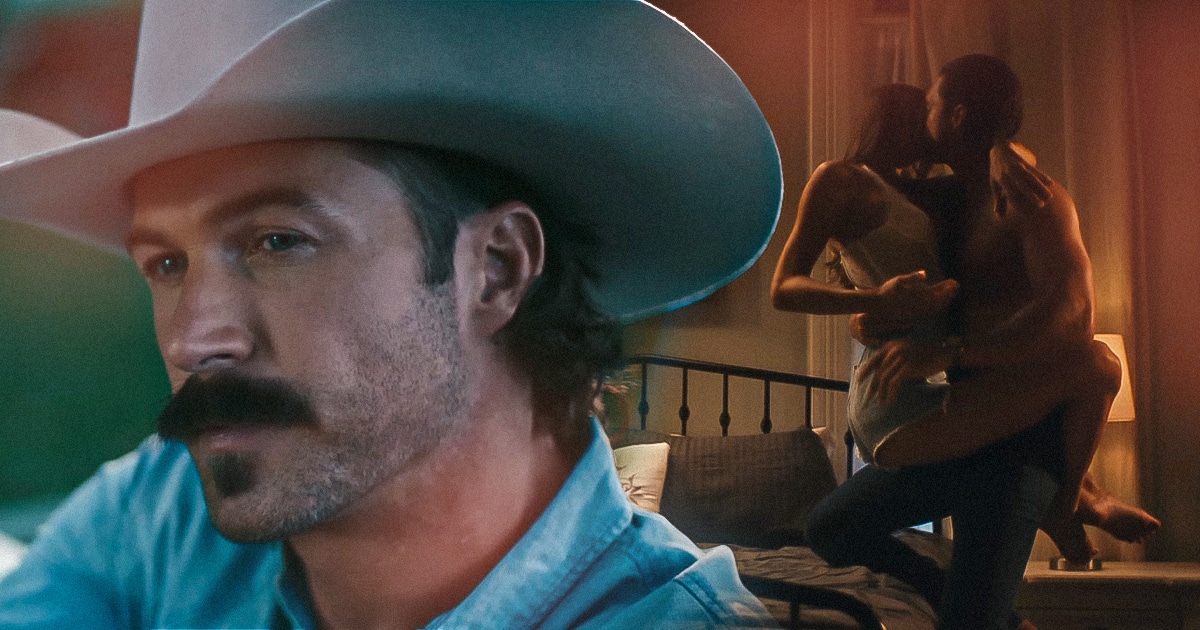The 50th Annual Country Music Awards in 2016 is remembered for many reasons, but perhaps none more significant than the moment Alan Jackson made a quiet but powerful statement by walking out during Beyoncé’s performance. While many in the crowd cheered on the pop star’s collaboration with The Chicks, Jackson’s departure reminded everyone where he—and many other traditionalists—stood. In an era where country music has often been caught between honoring its roots and embracing crossover influences, Alan Jackson’s actions were a clear stand for the integrity of country music.
Alan Jackson’s Commitment to True Country Music
Alan Jackson has long been known for his unwavering dedication to keeping country music authentic. His decision to leave the CMAs during Beyoncé’s performance wasn’t out of character—it was the latest in a series of moments in which Jackson has defended the genre’s traditions.
In 1994, when industry producers pushed him to use a backing track, Jackson boldly instructed his drummer to play without sticks in protest of the artificial sound. Five years later, at the 1999 CMAs, when George Jones was forced to perform a shortened version of “Choices,” Jackson defied expectations by performing the song himself in solidarity with Jones. These actions define Jackson as a legendary artist and a protector of country music’s authenticity.
His walkout during the 2016 CMAs was less about Beyoncé herself and more about his commitment to the genre that made him who he is. For Jackson, and many like him, country music is more than just a style—it’s a way of life rooted in tradition, storytelling, and an authentic connection to the American heartland.
A Performance That Divided the Country Music World
Beyoncé won 2 awards at the #GoldenBootAwards for her CMA performance of “Daddy Lessons"- Collaboration OTY & Most Unforgettable Moment OTY. pic.twitter.com/jVd6nbiv1c
— Pop Crave (@PopCrave) June 6, 2017
The 2016 CMAs will be remembered as a night when two worlds collide. Beyoncé, one of the biggest names in pop music, took the stage with The Chicks, marking the trio’s return to the CMA stage. Together, they performed “Daddy Lessons,” a song from Beyoncé’s Lemonade album that blends country elements with her signature pop style.
While the collaboration was a hit for some in the audience, the performance didn’t sit well with everyone. Many traditional country fans, including Jackson, felt that the night should have honored the legacy of country music’s 50th anniversary rather than highlighting a crossover act. As Whiskey Riff pointed out, Jackson’s quiet departure during the performance symbolized a broader unease within the country music community.
For Jackson and his fellow purists, the performance was out of place. As a Nashville music manager told Billboard, “It felt forced. For an anniversary meant to celebrate the roots of country music, Beyoncé became the centerpiece, while The Chicks were reduced to a backup band.” This sentiment reflected the broader concern that the genre’s core values were being overshadowed by pop influences.
A Divided Audience Inside and Out
Inside the Bridgestone Arena, reactions to the performance were mixed. Industry insiders and fans were excited to see the collaboration between two powerhouse artists from different musical worlds. However, the performance felt out of sync with the night’s purpose for others.
While many in the audience seemed to enjoy the moment, social media buzz told a different story. Traditional country fans expressed their disappointment, feeling that the night’s tribute to country’s 50-year legacy was hijacked by a pop performance that had little to do with the genre’s roots.
A former Grammy trustee commented, “Beyoncé’s performance might have been cool, but it missed the mark for what the night was about. Country music has a soul, and it felt like that was pushed aside for the sake of diversity.” This tension between modern inclusivity and traditional values was at the heart of the debate—and Alan Jackson’s walkout became a symbol of this clash.
Natalie Maines Addresses Backlash Over Beyoncé’s Performance
One Year Ago Today: CMA. Queen Bey. Slay.
— The Chicks (@thechicks) November 2, 2017
Listen to 'Daddy Lessons' from Beyoncé feat. Dixie Chicks now here: https://t.co/AoO00ySYPW pic.twitter.com/LybDF31z4X
While many in the country music community were critical of the performance, Natalie Maines of The Chicks had a different perspective. Known for her outspoken views, Maines defended Beyoncé’s appearance at the CMAs, calling the negative reactions “disgusting.” She was disappointed at the mixed reception, particularly among traditional country fans.
Maines’ defense highlighted the growing divide between old-school country fans and those embracing a more genre-fluid music approach. However, for Jackson and his fellow traditionalists, this wasn’t just about a performance—it was about the integrity of country music and the direction the genre is heading.
Alan Jackson’s Silent Protest Speaks Volumes
Alan Jackson’s quiet protest made the loudest statement on a night filled with celebrations and performances. Without uttering a word, Jackson’s decision to leave the CMAs during Beyoncé’s performance was a clear message to the country music world: the genre’s roots matter, and its integrity shouldn’t be compromised for mainstream acceptance.
Jackson’s walkout wasn’t about rejecting diversity or collaboration but about holding onto the core values that define country music. As the genre continues to evolve and embrace influences from other musical worlds, artists like Jackson remind us where country music came from and why its authenticity should be protected.
Country Music Wrestles with Its Roots and Future Direction
The 2016 CMAs marked a pivotal moment in country music’s ongoing struggle for identity. With pop and crossover influences increasingly becoming part of the genre, the question remains: How does country music stay true to its roots while embracing the future?
Alan Jackson’s actions serve as a reminder of the genre’s foundation in real stories, real struggles, and a connection to the American experience. As the genre moves forward, it must find a way to balance its tradition with its growth—without losing the essence of what makes country music unique.
For country purists, Jackson’s walkout was more than a personal decision—it was a stand for the heart of country music itself.


















